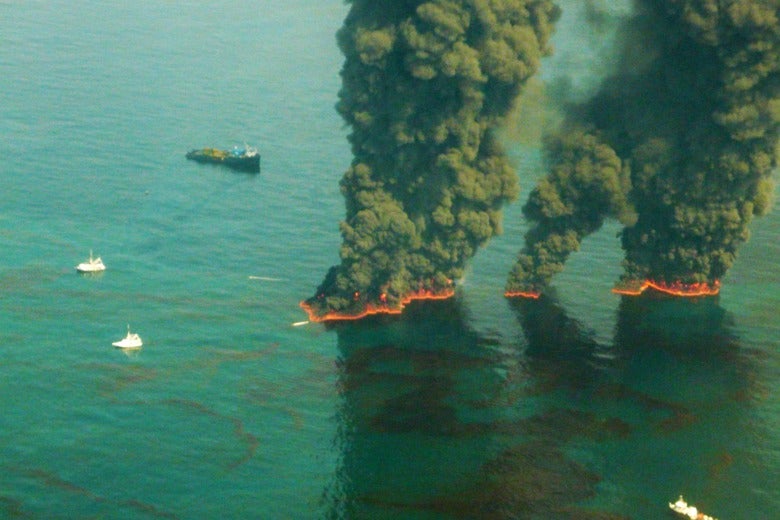A recently uncovered cache of Royal Dutch Shell documents, some four decades old, shows the oil company knew full well the damage it was doing to the environment and, with chilling accuracy, foresaw the coming problems associated with climate change. One particular document, a 1988 report titled “The Greenhouse Effect,” warned that the effects of climate change would be detectable by late in the 20th or early 21st century and that “[b]y the time global warming becomes detectable it could be too late to take effective countermeasures to reduce the effects or even to stabilize the situation.”
The report, which was compiled by Shell’s Greenhouse Effect Working Group, was based on a 1986 study, but the company commissioned similar reports as early as 1981. According to Shell’s calculations, by 1981, oil was the cause of 44 percent of global carbon dioxide emissions, 38 percent from coal, and 17 percent from natural gas. It also pegged the company’s own individual contribution of CO2 at 4 percent of global emissions.
“Shell’s working group knew three decades ago that climate change was real and formidable, warning that it would affect living standards and food supplies and have social, economic and political consequences,” the Washington Post notes. “The documents contrast with Shell’s public stance on climate change during the 1990s, when the company was a member of the Global Climate Coalition, [which] raised doubts about the science of climate change and opposed the Kyoto Protocol, the global agreement reached in 1997 to fight climate change.”
The report was uncovered by journalist Dutch Jelmer Mommers and published in the newspaper De Correspondent.
